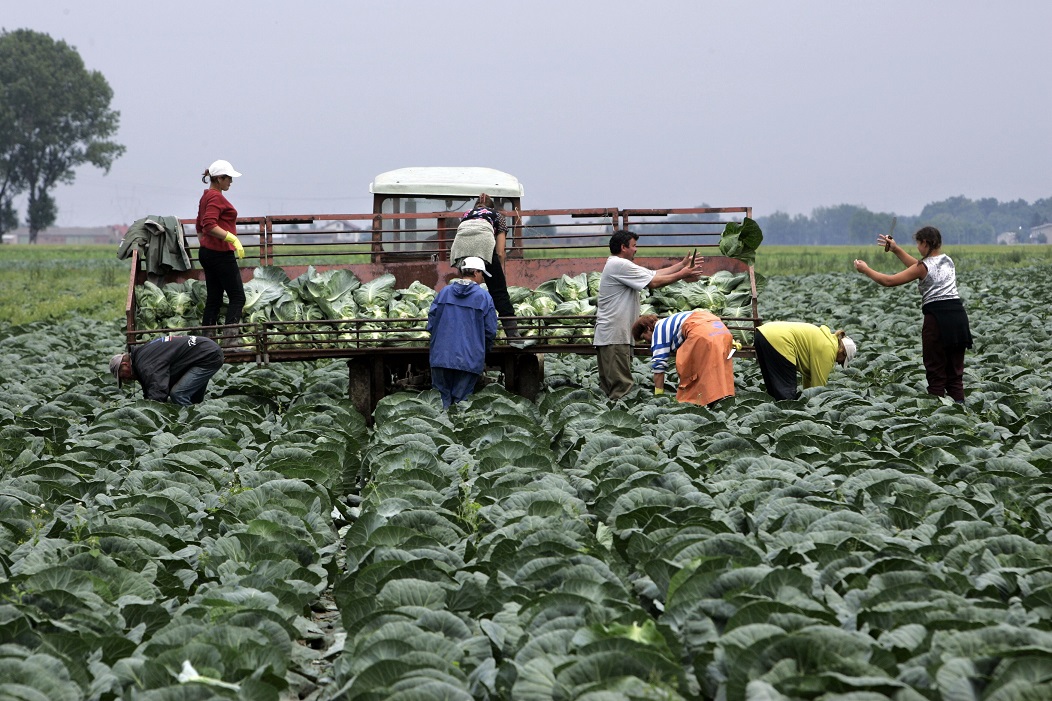showCASE no. 85 I How to Organize Economic Immigration? Lessons From Poland
Since 2015, managing labor immigration has been high on the European agenda. As the European Union (EU) is facing long-term economic and demographic challenges, the European Commission estimates that its working age population will decline by 17.5 million in the next decade. According to the OECD, immigration could allow to fill this gap, mitigate regional imbalances across the Member States and reduce short term labor scarcity in specific occupations. Shortages have already been seen, both in high-tech sectors as well as in low-skilled jobs. To deal with the demographic challenges and a steady outflow of its own workers, Poland has introduced its own measures that have been successfully attracting foreign workforce. Evidence shows that Poland’s participation in the EU-originated instruments has not led to enhanced economic immigration from third countries but might have contributed to the success of national measures.
EU immigration policy
According to the Treaty on the Functioning of the European Union, the EU and its Member States share competences as regards legal immigration policy. While the EU might lay down the conditions governing entry into and residence in a Member State for third-country nationals, the Member States retain the right to determine volumes of their admission (Article 79). Member States are also free to negotiate and implement bilateral labor migration agreements with third countries of their choice and to use available national immigration and labor market measures to attract foreign labor force.
The European Commission (EC) has been calling for a “new policy on legal migration” of the EU for some time already, and these efforts intensified in 2015 with the adoption of the European Agenda on Migration as a direct response to the so-called migrant and refugee crisis. In his annual state of the EU address delivered on September 12, Jean-Claude Junker, President of the European Commission, once again called on Member States to come forward with initiatives to open legal pathways for third country nationals willing to work in the European Union.

Photo: Ukrainian season workers are picking the cabbage in a village in central Poland. Forum/Reuters

